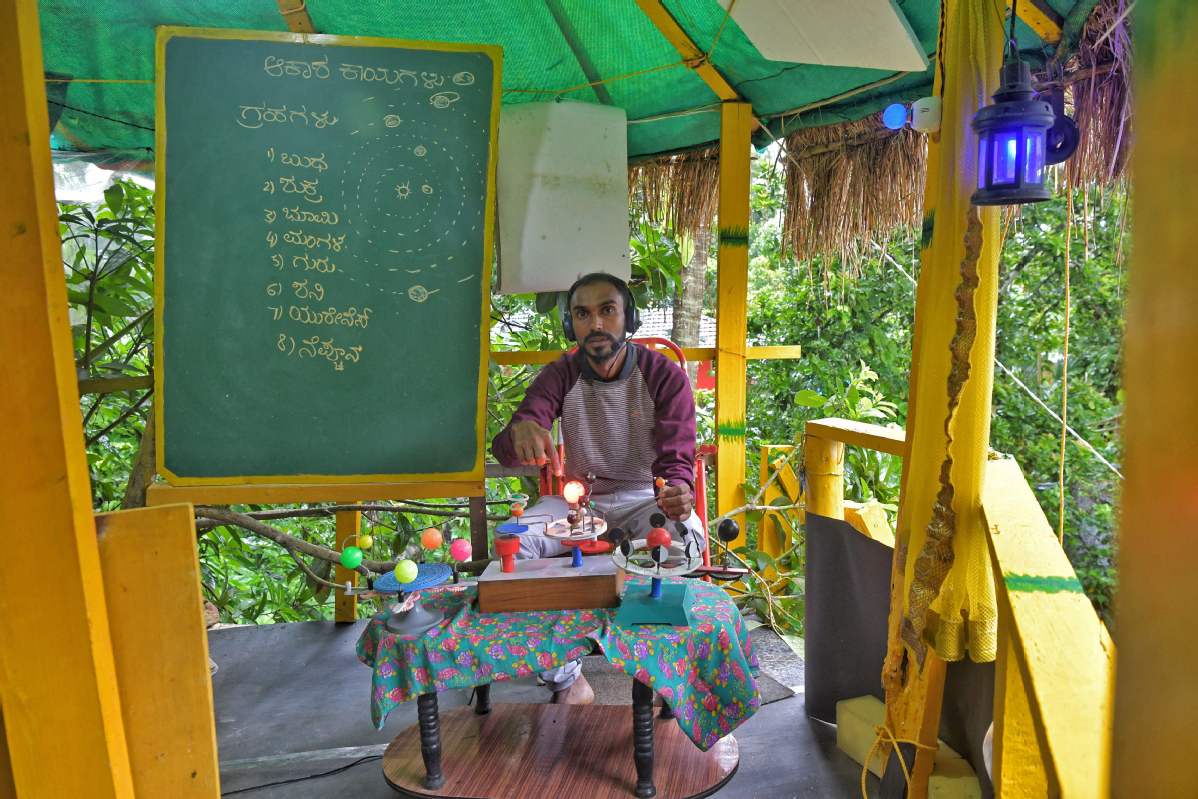India's schoolkids confront 'new normal'


A whole new core of subjects is needed, focusing on the skills that will equip today's learners for tomorrow's world of work, he said."These include problem-solving, critical thinking and collaboration."
Psychologist Sen agreed, but added that while problem-solving, critical thinking and collaboration are the key, concerted and coordinated efforts should be directed toward addressing mental health issues for children.
She said mental health is one of the main casualties of the pandemic. "And the people who have been affected the most are probably the children," she said.
"I call this a 'mental claustrophobia'-a feeling of suffocation. While the restrictions are easing, some children are very happy going out but others have fallen prey to the inertia of staying at home," Sen said.
She cited the example of a 10-year-old girl who had become violent, disobedient and cranky.
"I found that she felt completely suffocated because she had no one to play with, share her thoughts with, or even talk to."
With therapy, the child's condition improved.
Sunandana Choudhury, a student in Kolkata, worries that the excitement and fun of being in school, amid friends in the known ambience of her school campus, will never return.
"They may not come back to my life ever again," said the 14-year-old, anxiously waiting for the day when it will all be "happy and normal again".
Choudhury has been waiting for her school to inform her when they can be back on campus.
"We regret to inform (you) that the school has decided to carry on with the online schooling." That was the last line of the email that Choudhury had received from her school authorities, according to the young student.
That was 6 months ago, and her wait continues-making for a painful "new normal" for Choudhury and for millions of other young pupils like her across India.


















